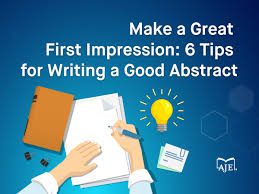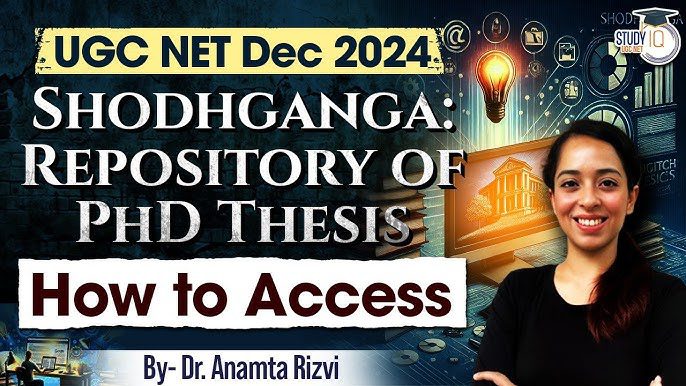After years of research and writing a 200+ page thesis, you’ve finally reached the end. But now, you face one of the most difficult tasks of all: summarizing your entire life’s work into 250 words.
The Abstract is, without a doubt, the most important paragraph you will ever write.
It’s the first thing your examiners read. It’s what appears in Shodhganga, Google Scholar, and journal databases. It is your entire research, condensed into an “elevator pitch.” A strong, clear abstract invites the reader in. A weak, confusing one can create a poor first impression before your examiner has even read Chapter 1.
This guide will break down the formula for crafting a powerful, concise, and professional abstract that does justice to your hard work.
Why is the Abstract So Hard to Write?
The biggest challenge is “author blindness.” You are too close to your research. You’ve lived in the details for years, and you know too much. It feels impossible to leave anything out.
You must remember:
- An abstract is NOT an introduction or a preface.
- An abstract is NOT a vague description of your topic.
- An abstract IS a dense, standalone summary of your entire study—from start to finish.
The 5-Ingredient Formula for a Perfect Abstract
To meet the strict word counts (usually 200-300 words) set by Indian universities, your abstract must be efficient. It should contain these five essential components, in this order:
1. The Context (1-2 Sentences): Start broad. What is the wider problem or research area?
- Example: “The rapid adoption of digital payment systems in India presents a significant challenge for financial inclusion in rural communities.”
2. The Problem & Aim (1-2 Sentences): What is the specific “research gap” or problem your thesis addresses? What was the goal (aim) of your study?
- Example: “However, the specific socio-economic factors influencing the adoption of UPI by female entrepreneurs in this context remain poorly understood. Therefore, this study aimed to identify and analyze these factors in rural Tamil Nadu.”
3. The Methodology (1-2 Sentences): How did you do it? Be specific and concise.
- Example: “This study employed a mixed-methods approach, combining a quantitative survey of 400 female entrepreneurs with 25 in-depth qualitative interviews.”
4. The Key Findings/Results (2-3 Sentences): This is the heart of it. What is the most important thing you found? Don’t be vague. Give the main answer.
- Example: “The findings reveal that digital literacy, not just access to technology, is the primary barrier to adoption. The regression analysis showed a significant positive correlation (p<0.05) between formal training and business revenue, while qualitative data indicated that trust in local banking correspondents was a key enabler.”
5. The Conclusion/Contribution (1 Sentence): What is your original contribution to knowledge? What are the implications?
- Example: “This thesis provides a new, validated framework for policymakers and FinTech companies to improve digital financial inclusion, proving that a ‘one-size-fits-all’ training model is ineffective.”
3 Critical Mistakes to Avoid (Examiners Look for These!)
- Citing Other Authors: Never cite other sources in your abstract. The abstract is 100% about your work and your findings.
- Using Vague Phrases: Avoid weak language like, “This paper will look at…” or “This research is about…” Be strong and direct: “This study investigates…” or “This thesis proves…”
- Introducing New Information: If a finding, idea, or concept is not discussed in the main body of your thesis, it cannot be in your abstract.
Can’t See the Forest for the Trees? Let Us Help.
You have written 250 pages. Condensing it to 250 words is a completely different skill. It requires an objective, expert eye to identify the true golden thread of your research and present it with maximum impact.
At PhD India, we specialize in Abstract Writing and Thesis Summarization. Our team of experienced academic writers and editors has read thousands of theses. We know how to:
- Distill your complex research into a clear and powerful summary.
- Craft a compelling narrative that highlights your original contribution.
- Ensure your abstract is professional, concise, and perfectly formatted.
- Meet the strict word counts required by UGC and your university.
You did the hard work. Let us help you make the perfect first impression.




